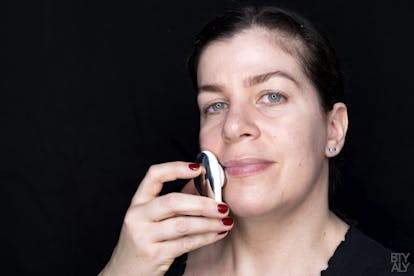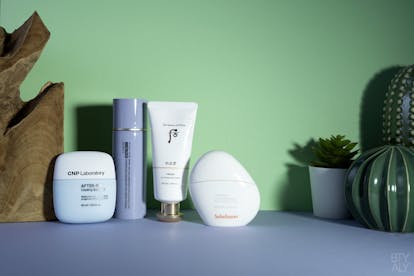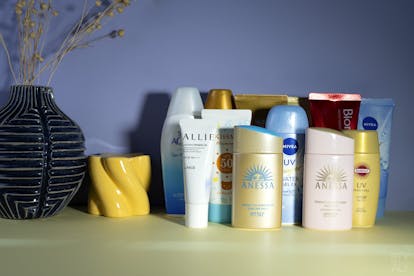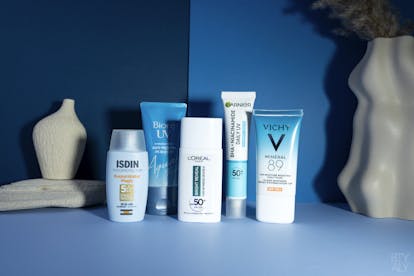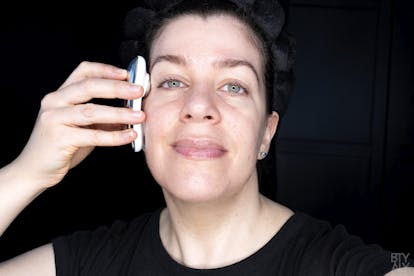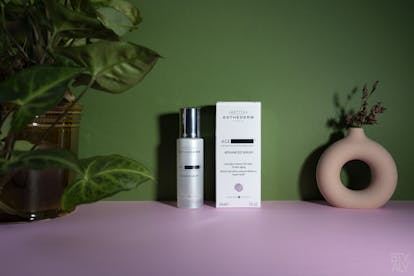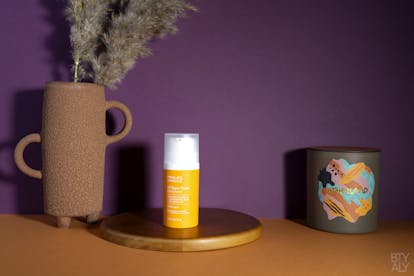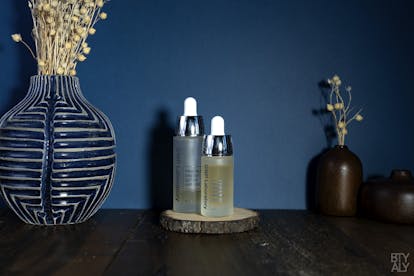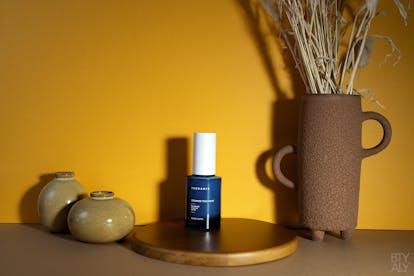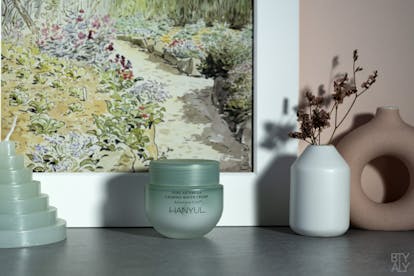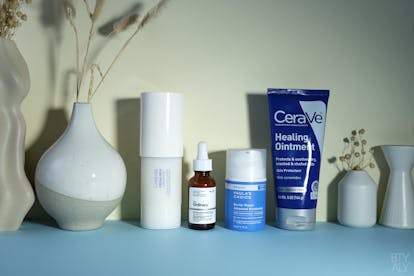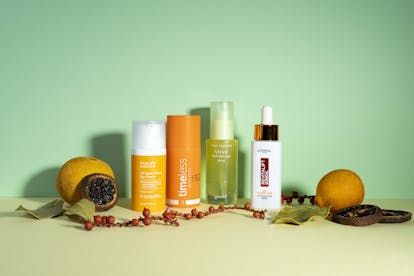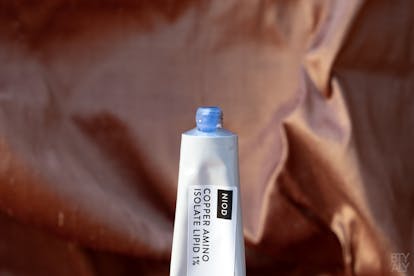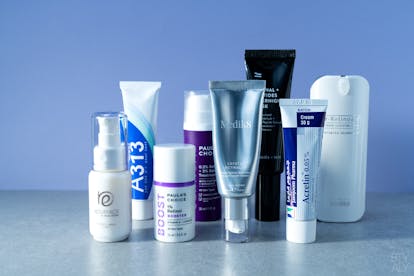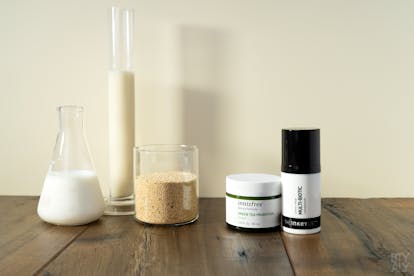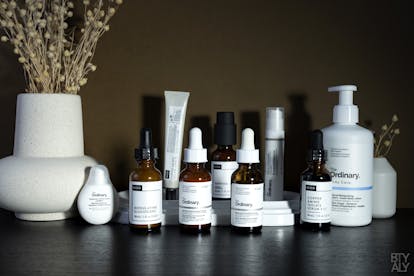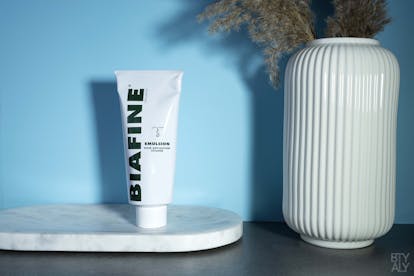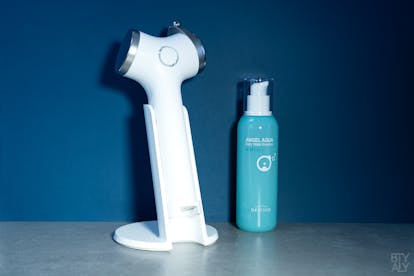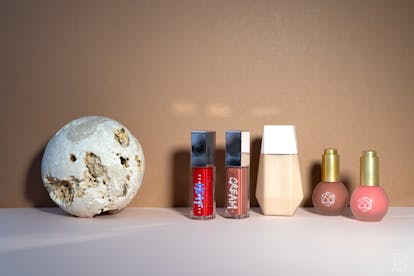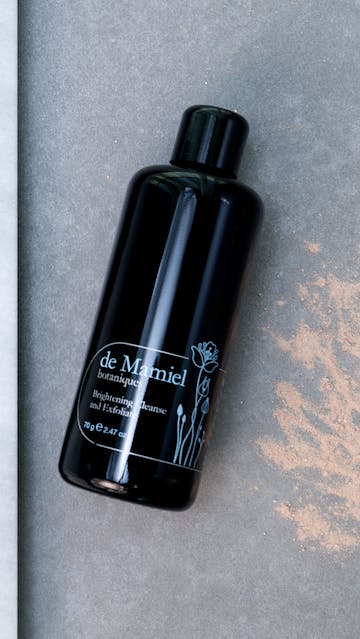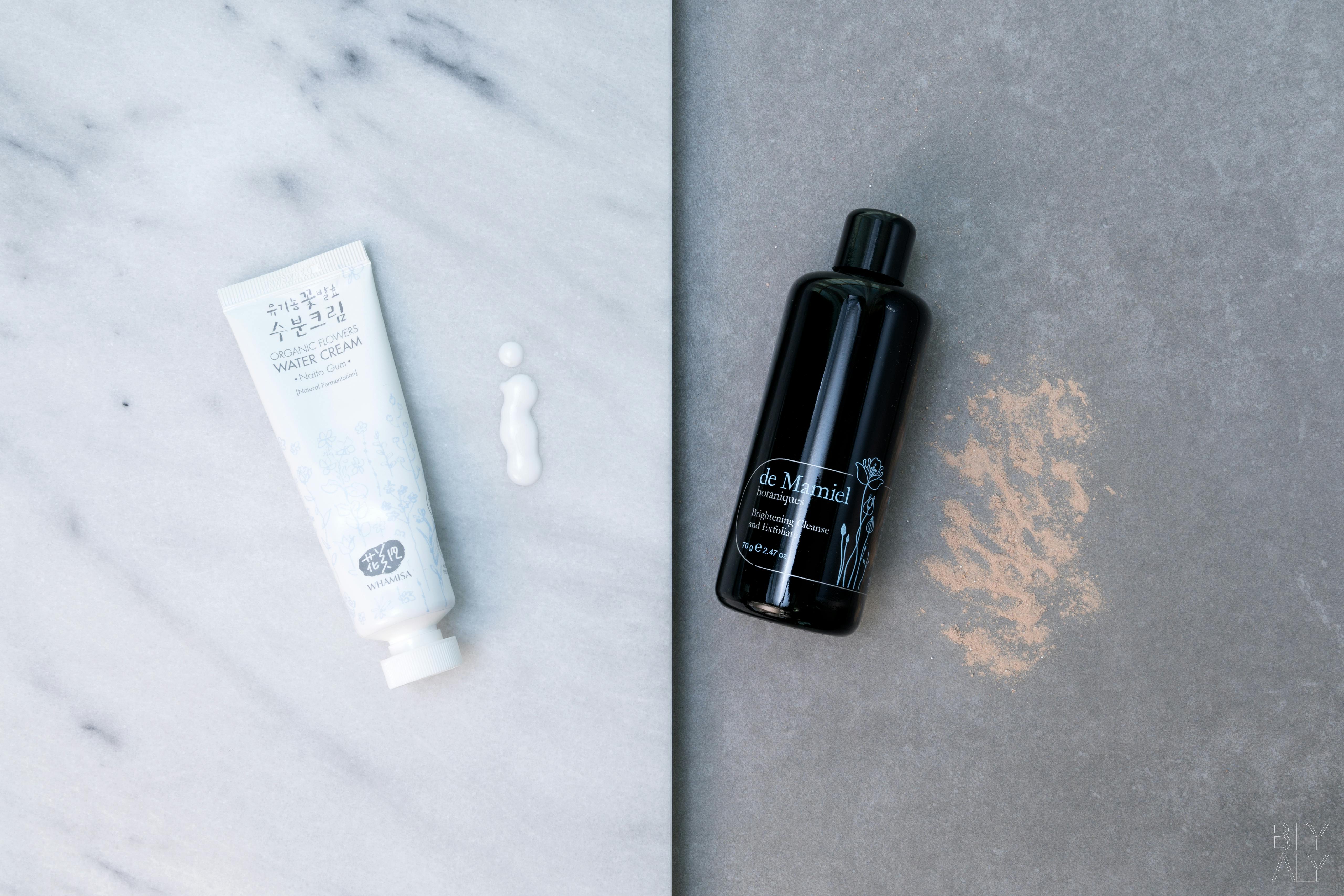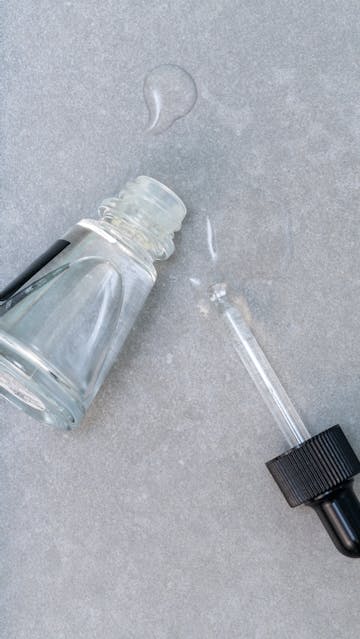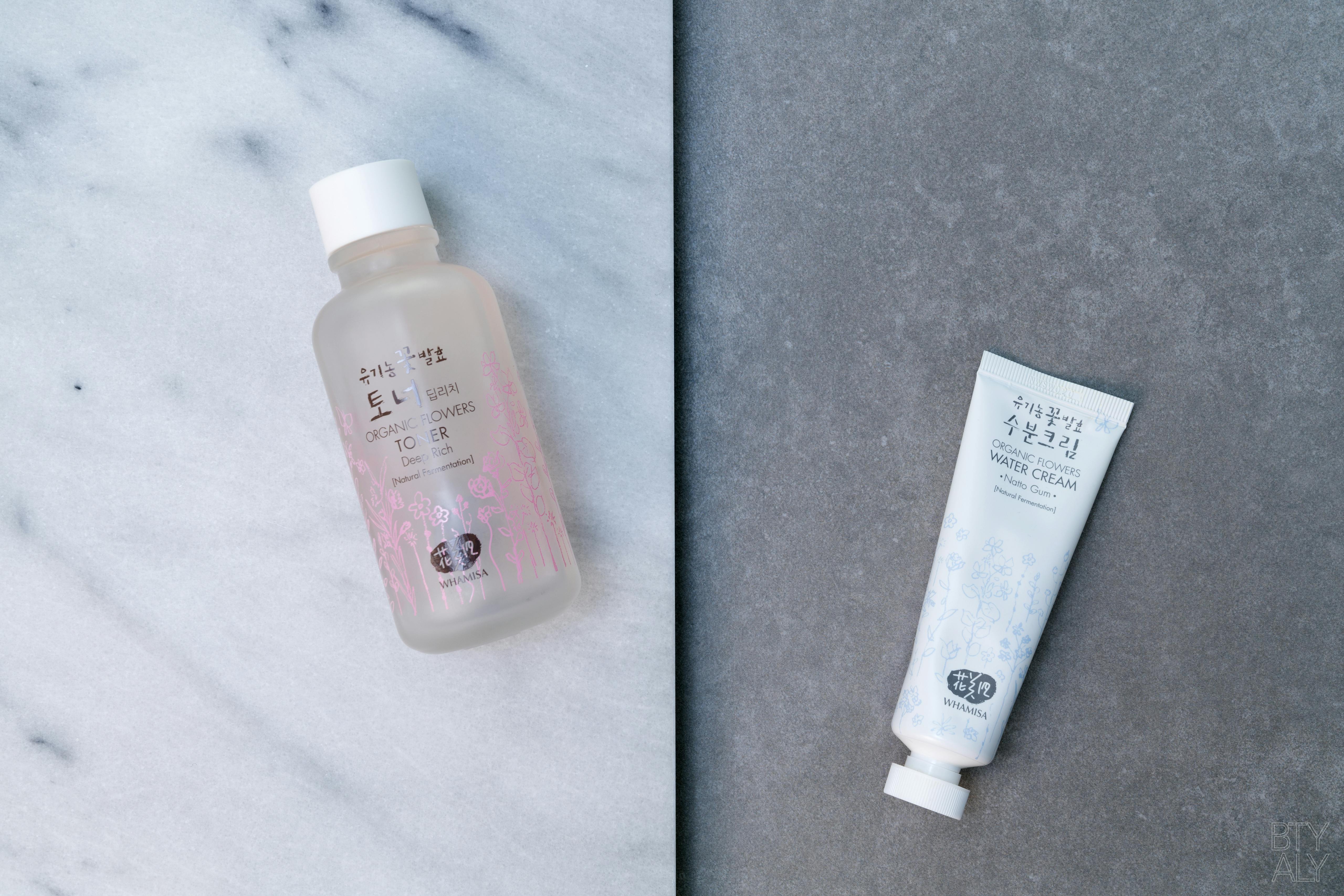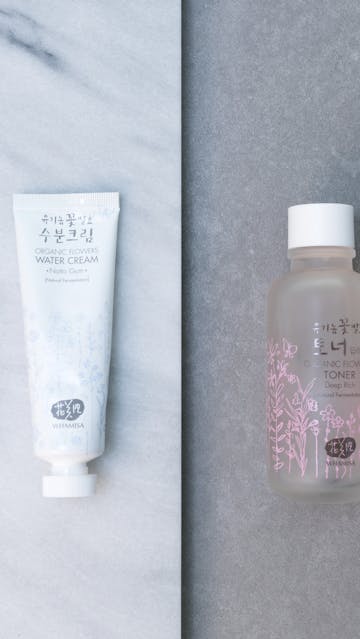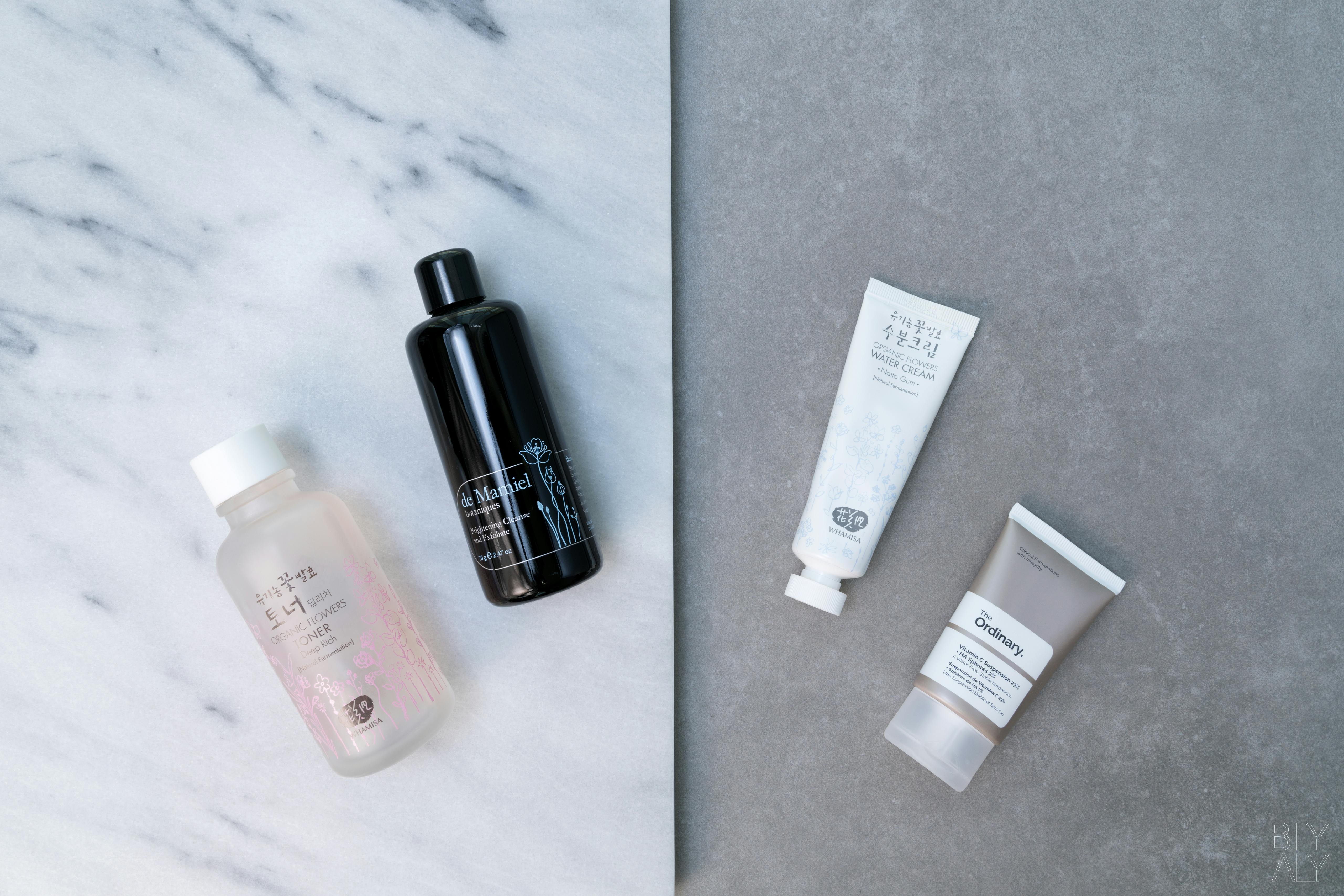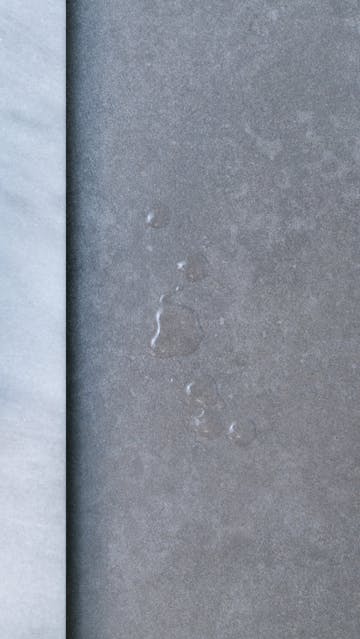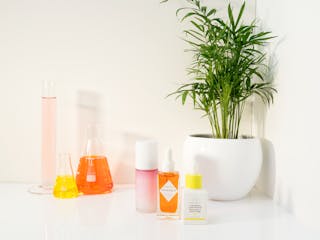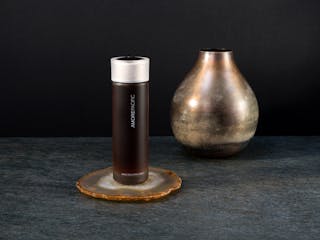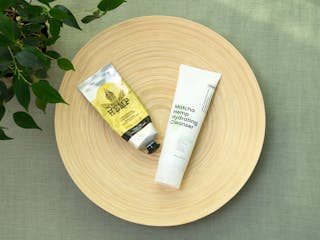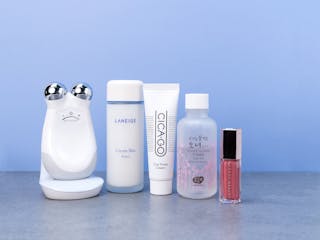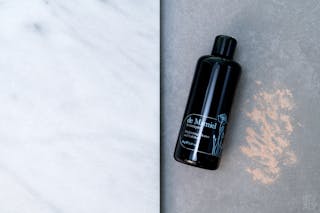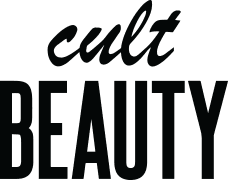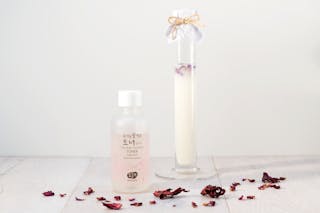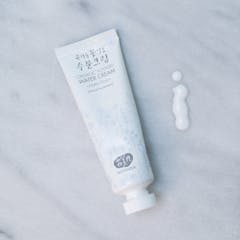At a glance
Formulating a product without water is certainly more complicated for cosmetic laboratories but it’s also a responsible attitude towards the climate change that more and more consumers demands.
With climate change, water is becoming a rare and precious resource. The awareness of consumers about the preservation of the environment now requires manufacturers to focus more on solutions and water-free cosmetics could be one of these solutions.
Difficult to imagine a face cream without water in its formula.
A moisturizer is generally based on a harmonious combo between an aqueous phase (water) and an oily phase which makes what is called an emulsion.
But adding water in a cosmetic formula can also cause several issues, such as the need to add preservatives in the formula, because the water is highly contaminable.
The very large quantities of water used for the cosmetics manufacture are also considered as an issue regarding the preservation of the environment.
And most importantly, public awareness about water scarcity needs to be considered by cosmetics companies.
In this area like in others, consumers who adapt their own behavior expect cosmetics companies to match these efforts.
Water, this luxury:
A few numbers:
– 75% of the planet is covered with water, which represents 1 424 192 640 m3 of water,
– less than 1% of the water on the planet is naturally drinkable and accessible,
– 748 million people are deprived of drinking water in the world,
– on average, a standard cosmetic product (cream, lotion ..) comprises between 70 and 80% of water,
– the manufacturing steps of a beauty product require several thousand liters of water (in this case, it’s called “virtual water” for the finished product).
At the current consumption rates, the World Wildlife Fund (WWF) estimates that by the year 2025, two-thirds of the world’s population may be at risk of water scarcity. In a future where water will become a protected resource, sorry for Gwyneth Paltrow, bubble baths, and lawn sprinklers will become unthinkable luxury goods and rationing themselves in water will become a second nature to people all over the world.
Water in cosmetics:
Water is one of the most commonly used ingredients in cosmetics. It’s inexpensive compared to other ingredients and plays a key role as a solvent in formulas. Roughly, that means that it allows the other ingredients to dissolve themselves into the final formula.
It helps to liquify the cosmetic formulas and also gives a feeling of freshness to the products when it’s applied to the skin.
The water used in cosmetics can be simply purified but there are also much rarer and more valuable versions: mineral, thermal waters but also from the depths of distant oceans, lakes, lagoons or glaciers, and finally, vegetable or fruit waters.
There’s also “virtual water”, which corresponds to all the water consumption necessary for the manufacturing steps of a cosmetic product. The cosmetic industry is indeed very greedy with water and the manufacture of a beauty product often requires several thousand liters of the precious liquid.
The issues of water in cosmetics:
Since water is a base ingredient that is very easily contaminated by bacteria and other micro-organisms, the presence of preservatives is essential in water-based formulas. But these “bacteria killers” may in some cases cause significant adverse effects on the skin, such as irritation and allergies.
Brands are more and more questioned about the transparency of their manufacturing process around the issue of water.
Brands are more and more questioned about the transparency of their manufacturing process around the issue of water.
Also, as seen above, the cosmetic industry requires very large quantities of water for the manufacture of its products.
Brands are therefore more and more questioned about the transparency of their manufacturing process around the issue of water. Many skeptical consumers now want to know the specific details around the use of water in their everyday products.
Are the water production methods efficient? Does the company recycle water used during the product manufacturing process? Customers want to know if the beauty products they use are ethical or not, and how the brands they use on a daily basis address the problem of water scarcity.
The benefits of water-free cosmetics:
A water-free product is usually more complicated to formulate and this can limit the texture possibilities of its formula but it presents certain advantages.
First, removing water from cosmetics eliminates the issue of preservatives, which are usually essential to avoid contamination and ensure the proper conservation of an aqueous formula, but are however also very controversial. Parabens, for example, are still often specified as a problem (wrongly by the way) and other preservatives used as replacements are often quite irritating for the skin.
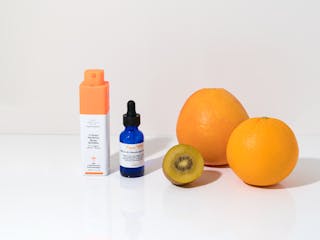 IngredientsFocus on: Vitamin C (L-ascorbic acid)
Vitamin C (L-ascorbic acid) products are everywhere at the moment. It’s not really surprising because this ingredient is really magic to give radiance to the complexion, the famous glow that everybody wants these days. But it’s also a very unstable ingredient that needs a certain environment to be able to deliver all its benefits.
Read more
IngredientsFocus on: Vitamin C (L-ascorbic acid)
Vitamin C (L-ascorbic acid) products are everywhere at the moment. It’s not really surprising because this ingredient is really magic to give radiance to the complexion, the famous glow that everybody wants these days. But it’s also a very unstable ingredient that needs a certain environment to be able to deliver all its benefits.
Read more
Then, a water-free product is usually more concentrated in active ingredients. Indeed, when the water disappears from the list of ingredients, it means that you have to use base plant extracts and/or oils to replace it. These are rich in vitamins and antioxidants that penetrate the skin more easily to repair, moisturize and revitalize it. Water is often used as a carrier for the active ingredients in a formula, but in doing so, it also dilutes them. A water-free product is generally by definition richer in active ingredients.
Some very unstable active ingredients in water-based solutions behave much better in anhydrous formulas (= without water). This is the case of formulas based on vitamin C L-ascorbic for example, or with an ingredient such as retinol.
An anhydrous product is also more economical. This is the case, for example, with exfoliating powders. You usually don’t need much and their shelf life is often much longer than their equivalents, the liquid cleansers.
And finally, some water-free products can seduce through their practical and travel-friendly aspect. It’s actually easier to carry cleansing powder or toothpaste tabs because you can choose the amount of product that you take with you depending on the the length of your trip.
Examples of water-free cosmetics:
Some products are formulated without water but still need to be rehydrated to be used. It’s the case for cleansing/exfoliating powders in which you must add more or less water to form an exfoliating paste or a cleansing foam that can be used daily.
A cleansing powder by the beautiful British organic brand De Mamiel, based on clay powders but also pearls and precious stones (yes, De Mamiel is fancy) to eliminate dead cells, as well as vitamin C (L-ascorbic) and ginseng to illuminate and protect from free radicals. It’s obviously preservative-free and completely pure. My complete review is coming!
I’ve already talked about it in my focus on fermented ingredients, it’s a moisturizing gel-like essence, based on fermented plant extracts and without a drop of water. It contains galactomyces (yeasts), ferments such as fermented lotus extract but also aloe vera (which gives it its liquid appearance), chrysanthemum extract and oats. My review will be available soon.
The Ordinary Vitamin C Suspension 23%+ HA Spheres 2%:
An anhydrous emulsion with vitamin C L-Ascorbic acid. Its texture is a little too greasy for my taste but its lack of water allows vitamin C L-Ascorbic to be much more stable than many other products using the same molecule (see my article focus on the vitamin C topic).
Contrary to what its name might suggest, this fluid cream by the Korean brand Whamisa doesn’t contain water but 95% of organic ingredients, fermented naturally to preserve the quality of the ingredients. Instead of water in the formula, the brand used a base of nourishing rice extract and a mixture of fermented plant extracts including grape seeds, chrysanthemum, licorice, avocado, green tea and natto gum (which are extracts of fermented beans). Although I am very fond of the formula, the rather strange texture of this cream didn’t convince me. The brand speaks of a whipped cream texture but it rather gave me the impression of using a failed whipped cream. It’s very liquid and weird. And I also find that it leaves a slightly greasy effect on the skin. Too bad, the list of ingredients was very enticing!
In conclusion:
There are many benefits to remove water from cosmetic formulas and consumer awareness of environmental issues is pushing brands to adopt a more environmentally responsible behavior towards the protection of this planet’s natural resource.
So expect to see more and more innovative new formulations and textures without water and this is probably only the beginning of this trend in cosmetics!
